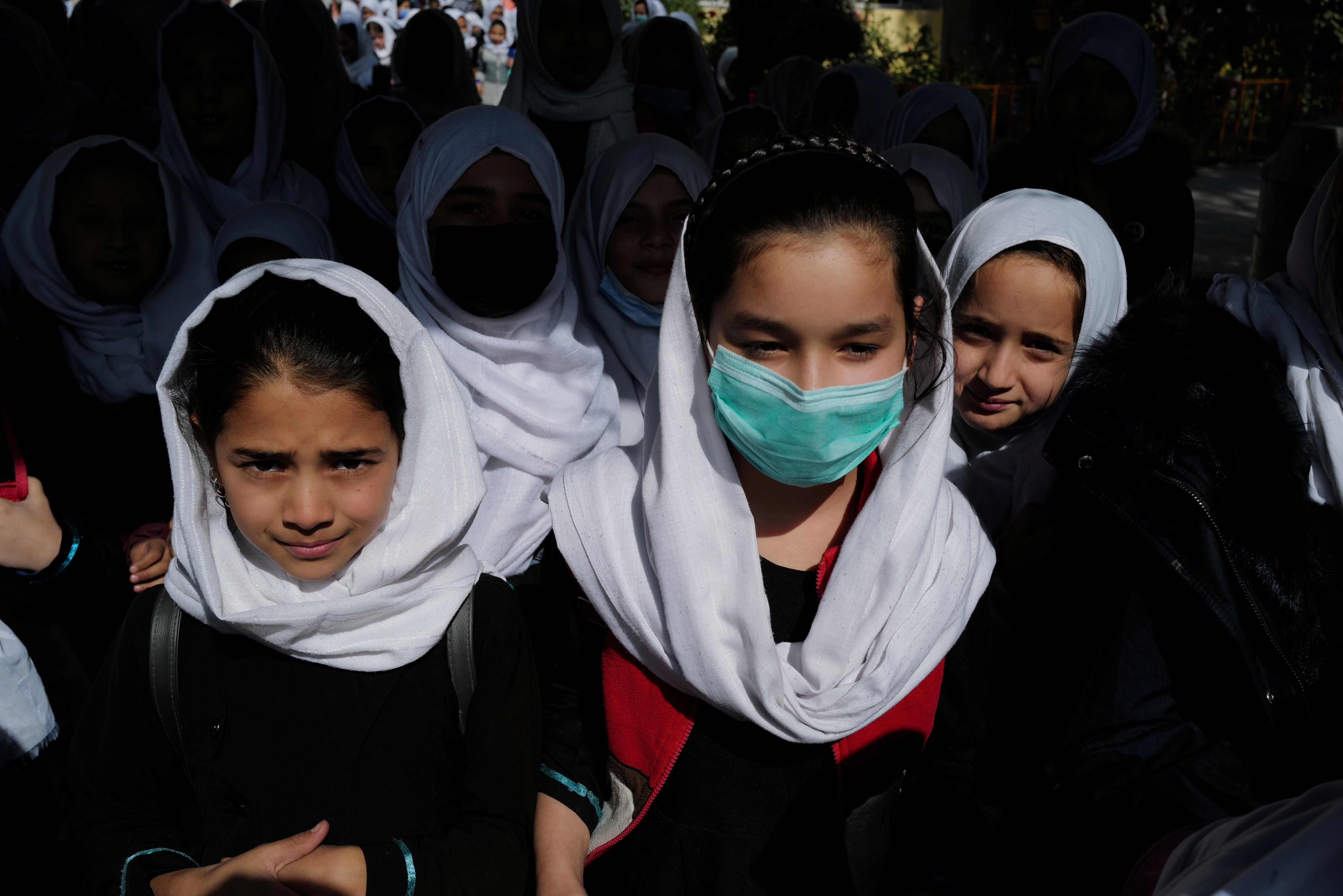Red Cross ‘livid’ sanctions and aid freezes stoking Afghanistan crisis
‘Those in power are now instead freezing out millions of Afghans from the very basic needs they require to survive’

A Red Cross director has said he is “livid” that sanctions and aid freezes are cutting off basic services in Afghanistan amid reports many are worrying how they will “make ends meet in the coming months.”
According to humanitarian organisations, UN and unilateral sanctions being placed on the Taliban, who have been in power since August, are giving rise to hesitation among donors, despite attempts being made to grant licenses to ease aid distribution.
The US in September issued two general licenses, one allowing the government, NGOs and certain international organisations to engage in transactions with the Taliban or Haqqani Network - both under sanctions - necessary in providing humanitarian assistance.
Dominik Stillhart, operators director for the International Committee of the Red Cross, said they began paying salaries and distributing supplies to 18 Afghan medical facilities this week to save them from potential collapse.
Following a six-day field visit to hospitals, he said from Kabul on Monday: “I am livid. As winter sets in, policies that were meant to avoid supporting those in power are now instead freezing out millions of Afghans from the very basic needs they require to survive.”
He added that salaries in government-owned hospitals have been left unpaid for months leaving nurses to walk for two hours to work as they are unable to afford transport.
“Every single person I spoke to, be it hospital staff, patients, people in the street - they are seriously worried about how to make ends meet in the coming months,” he said after a visit to a pediatric ward in Kandahar Province.
It has become the norm in this hospital for up to three children to be crammed into the same bed, he added. It comes as cases of severe malnutrition, pneumonia and dehydration in the facility have doubled since August and September.
Mr Stillhart is urging those in power to devise “creative solutions”, such as a trust fund, to encourage aid to flow more easily into the country.
He said: “Pulling the plug, turning off the generator and throwing away the key in my view is a recipe for disaster.”
Join our commenting forum
Join thought-provoking conversations, follow other Independent readers and see their replies
Comments